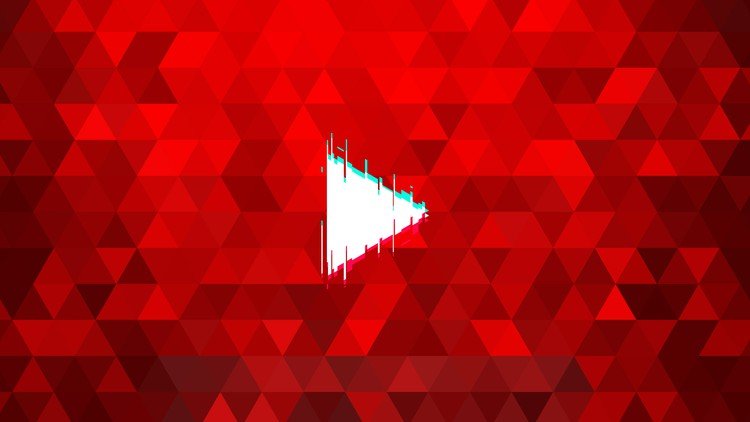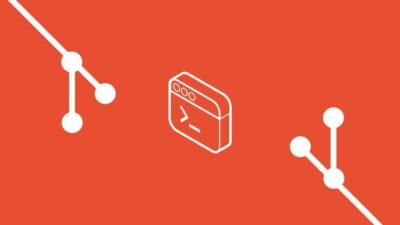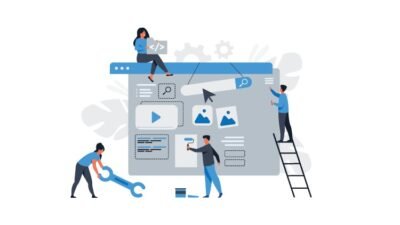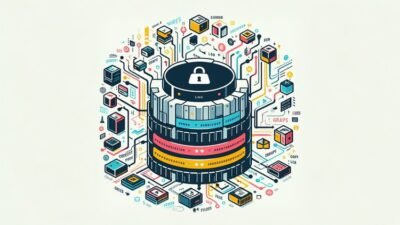If you’re looking to dive into the world of video processing with Python, the "Python Video Processing" course on Udemy is a fantastic opportunity. This course not only covers the essential skills and technologies, but also provides practical exercises to solidify your learning. Whether you’re a beginner hoping to learn new skills or an intermediate learner looking to sharpen your existing knowledge, this course has something to offer.
What you’ll learn
Throughout the course, you will gain hands-on experience with a variety of tools and techniques essential for video processing using Python. Key skills and technologies you can expect to learn include:
- OpenCV for Video Manipulation: Master the powerful OpenCV library to capture, edit, and manipulate video streams. You’ll learn to perform basic operations like reading, writing, and displaying videos.
- Image Processing Techniques: Discover core image processing techniques that are vital for enhancing video quality, including filtering, transformations, and color space conversions.
- Video Analysis: Understand how to analyze video content, which includes tasks like object detection and tracking, motion analysis, and face recognition.
- Integration with Other Libraries: Get familiar with other useful libraries such as NumPy and Matplotlib to extend your video processing capabilities.
- Project-Based Learning: Engage in practical projects that help reinforce the lessons learned, allowing you to build a strong portfolio.
By the end of the course, you’ll have a solid foundation in video processing as well as practical skills that can be immediately applied to real-world projects.
Requirements and course approach
This course adopts a hands-on, project-based approach to learning, making it both engaging and effective. To get the most out of the course, a basic understanding of Python programming is recommended. Familiarity with programming concepts such as functions, loops, and data types will be helpful, although you don’t need to be an expert to start.
The course consists of a mix of video lectures, practical coding exercises, quizzes, and downloadable resources to facilitate learning. Each section builds on the previous one, ensuring a logical progression through increasingly complex topics. The instructor provides clear explanations and demonstrations, making it easy to follow along as you code your way through video processing projects.
Who this course is for
This course is ideal for:
- Beginners: If you’re new to programming or have limited experience in video processing, this course will provide you with the foundational skills you need to get started.
- Intermediate Learners: If you have some experience with Python and want to expand your skill set specifically in video processing, this course will help you deepen your understanding and apply what you know in new ways.
- Hobbyists and Professionals: Whether you’re looking to pursue video processing as a hobby or interested in applying these skills in a professional context (like in film making, security systems, or AI), this course will equip you with the tools you need.
Outcomes and final thoughts
By the end of the "Python Video Processing" course, you will have acquired a robust set of skills that enable you to work confidently with video data. You’ll not only understand the theoretical aspects of video processing but also gain practical experience that can be leveraged in various fields, from digital marketing to computer vision and beyond.
Overall, this course strikes a perfect balance between theory and practical application, making it a highly recommended choice for anyone interested in exploring the vast possibilities of video processing with Python. Happy coding!
[the_ad id=”1273090″]





